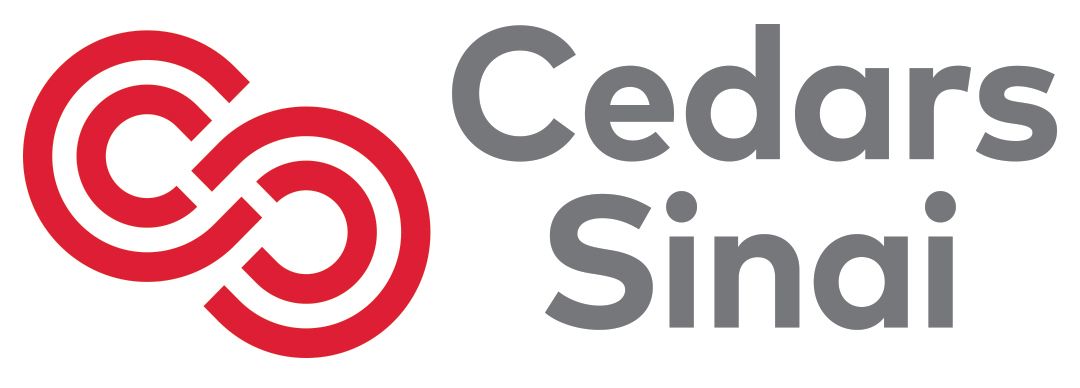
Dr. Figlin on Sunitinib for Patients With RCC

Robert Figlin, MD, FACP, professor of Medicine and Biomedical Sciences, Steven Spielberg Family Chair in Hematology Oncology, director, Division of Hematology Oncology, deputy director, Samuel Oschin Comprehensive Cancer Institute, Cedars-Sinai Medical Center, discusses newer methods of administering sunitinib (Sutent) to patients with renal cell carcinoma.
Robert Figlin, MD, FACP, professor of Medicine and Biomedical Sciences, Steven Spielberg Family Chair in Hematology Oncology, director, Division of Hematology Oncology, deputy director, Samuel Oschin Comprehensive Cancer Institute, Cedars-Sinai Medical Center, discusses newer methods of administering sunitinib (Sutent) to patients with renal cell carcinoma (RCC).
Several discoveries have been made in RCC, Figlin explains, with regard to existing TKIs and emerging agents that are changing the treatment paradigm. For example, there have been new methods for administering sunitinib, which has been approved for patients since 2006. Sunitinib was previously administered on a regimen consisting of 4 weeks of treatment and 2 weeks of rest.
Now, giving patients the same dosage to patients on a schedule of 2 weeks of treatment and 1 week of rest is equally effective, decreases toxicities, and allows patients to have better quality of life, Figlin says.






































